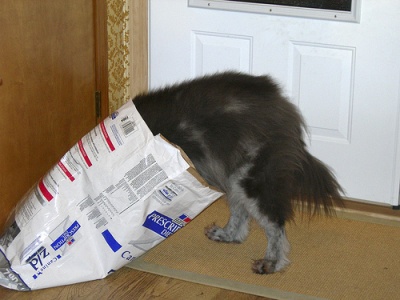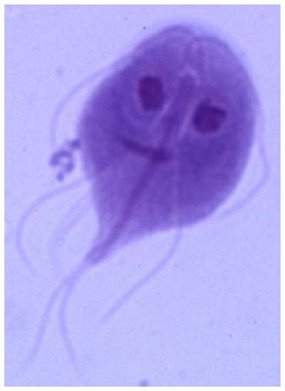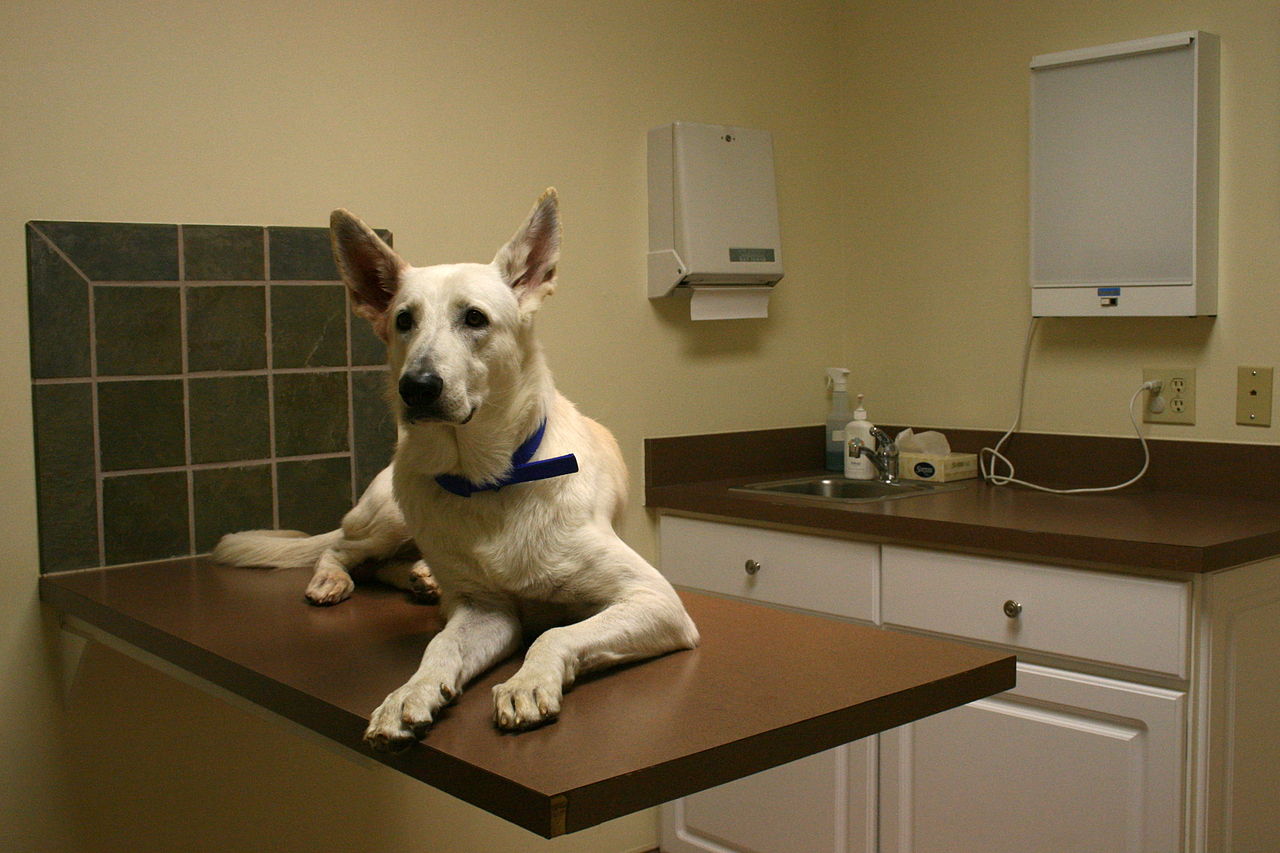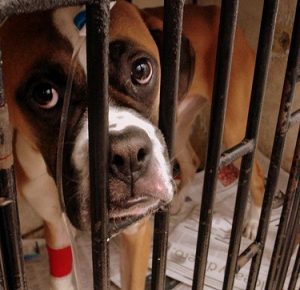
As science continues to explore nutrition for dogs, owners continue wonder if they are feeding their best friend an optimum diet. They want to be certain they are doing everything in their power to keep their dogs well and healthy. So they naturally ask the question:
What food should I feed my dog?
To answer that question in its simplest term – choose a healthy, high-quality dog food for your best friend. That doesn’t automatically mean go out and buy the most expensive dog food on the market – being the most expensive doesn’t automatically make it the best!
The key to choosing the right dog food is to know how to read the label. There are three basics things you want to look for to ensure proper dog nutrition:
- Protein Source
- Carbohydrate Source
- Fat Source
Dog food protein can come from many sources: beef, lamb, chicken, turkey, fish, etc. There is a debate concerning whether whole meat is better than meat meal. To help you decide you need to understand the difference.
Meat meal is derived from whole meat. The difference is that the meat meal has been processed to remove most of the moisture. Since meat can contain as much as 70% moisture, it would take 3+ pounds of whole chicken to produce 1 pound of chicken meal. Meat meal is a more concentrated form of protein – not an inferior form.
Many dog foods fail to list the percentage of protein contained in them. Instead, they list ingredients in order by relative quantity – from largest to the smallest. If you’re evaluating one of these dog foods it is safe to infer that if meat meal is the first ingredient, the percentage of protein will be higher that if whole meat is listed first. Many of the best dog foods contain both whole meat and meat meal.
Avoid Meat By-Products
Meat by-products are anything and everything that ends up on the butcher’s floor. That includes fat, skin, bones, feathers, hair, heads, feet, intestines and organ meat. We wouldn’t eat this and we shouldn’t be feeding it to our dogs. It’s true organ meat is a rich source of protein but when you grind it up with mostly heads, feathers and feet it becomes much less digestible – and not easily utilized by your dog’s systems.
Instead choose whole meat or meat meal as the source of protein for your dog.
Carbohydrate Source
There is an ongoing debate concerning carbohydrates for dogs – do dogs need carbohydrates? To answer that question we need to examine the diet of wolves from which dogs were domesticated. Wolves eat roughly 14% of their diet as carbohydrates – mostly berries which wolves love because of their sweet taste. Wolves don’t eat corn, rice, potatoes, millet, oats or any of the other common sources of carbohydrates found in today’s dog food.
Wolves survive on protein and fat – and so do dogs. Most dog food manufacturers use carbohydrates to bind the ingredients together when processing dry dog food. This is not necessarily a bad thing – as long as the percentage of carbs is low and the fiber provided by the carbs is high. Carbohydrates provide dogs with “instant energy”. Carbohydrates become a bad thing when they are used as a filler to bulk up the dog food. Some dog foods contain upwards of 75% carbs – and fail to provide enough protein and fat ensure adequate nutrition.
One carbohydrate in particular should be avoided in your dog food – corn. Corn is very difficult for dogs to digest and can cause upset stomachs, diarrhea or constipation. So it’s best to avoid selecting a dog food that lists corn as an ingredient.
Do dogs need carbohydrates? NO. But a small amount won’t hurt them, especially if it also provides fiber.
Fat Source
Fat has gotten a bad rep in human diets. Many people try to eliminate all fat from their diets and think they should do the same for their dogs. And that’s not a good thing – for dogs or people. All vertebrates need fats for the following reasons:
1) To help absorb fat soluble vitamins – A, E, S, and K.
2) To provide a secondary source of sugar metabolism.
3) To help regulate body temperature.
4) To protect internal organs.
5) To help cells transport nutrients.
6) To keep the feeling of satiety longer.
But where dogs are concerned – not all fats are equal. Dogs can digest and utilize animal fats better than other form of fat – think chicken fat. Unfortunately, many dogs have become allergic to chickens and chicken fat. If you think your dog may be allergic, opt for sunflower, canola and flaxseed oils instead. It may take some trial and error to find the dog food that’s right for your best friend.
Conclusion
Choosing the right dog food is not easy. But it’s a task your dog can’t do for himself. The quality of your dog’s life depends on what you feed him. So make sure you take the time to do the research necessary to make sure you’re giving your dog the very best. You’ll both be glad you did!
For in depth information, The Dog Food Project is an excellent reference source. It is well worth spending some time on this site to help you select the best nutrition available for your dog. For more information check out Advice from a Dog.
Related Articles
- [[



